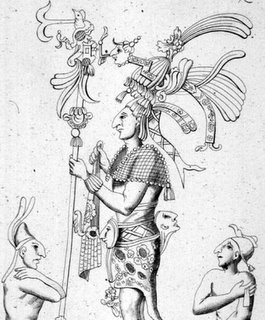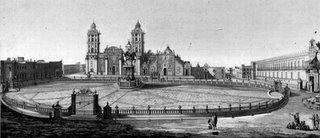"I shall," he wrote before leaving the European continent, "collect plants and fossils and make astronomic observations. But that is not the main purpose of my expedition. I shall try to find out how the forces of nature interact upon one another and how the geographic environment influences plant and animal life. In other words, I must find out about the unity of nature."
Prussian naturalist and überscientist, Alexander von Humboldt (1769-1859) developed an interest in collecting specimens from the natural world from a young age. Despite studying commerce, he maintained his childhood interests and embarked on a number of european tours and experimental undertakings in the fields of geology, botany and anatomy, which gave rise to his first publications.
Wanderlust, combined with his intuitive scientific curiosity took him to South America in 1799, where he was priviliged by the Spanish authorities to be allowed to tour through the continent for 5 years. During this time (in company with Aimé Jacques Alexandre Bonpland) he collected 60,000 natural specimens, created isothermal lines for use in cartography, discovered altitude sickness was caused by lack of oxygen, observed the preparation of curare, made observations that contributed to the founding of meteorology, noted the significance of preserving the overharvested antimalarial chinchona plants, recorded his observations of the Aztec world and mapped and discovered for the first time many geographical features (among many many other things).
He returned to Europe via USA where he was received by President Jefferson. [Humboldt was to be a great critic of slavery]. Back home in Germany, as one of the most famous people in Europe, he was a great promoter of scientific study, encouraging and supporting many protogés. [He would be an inspiration to Charles Darwin] He published his findings from South America in a large number of volumes issued over 21 years. Later in life he undertook another vast exploration - this time in Russia and Siberia and he eventually published his famed Kosmos, his unfinished, but greatly lauded (still) treatise that attempted to unify all natural world knowledge.
- Pittoreske Ansichten der Cordilleren und Monumente americanischer Völker was published in 1810 and all 22 plates are online at Kurt Stübers library.[In german]
- The Alexander von Humboldt Project. [There is a lot in there]
- The Alexander von Humboldt Foundation.
- Exhibition on Alexander von Humboldt at Ewell Sale Stewart Library at the Academy of Natural Sciences.





No comments:
Post a Comment